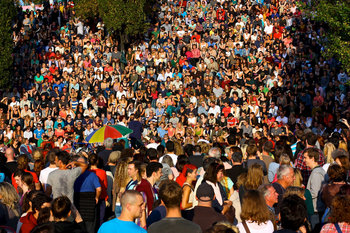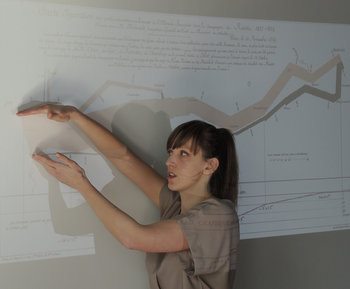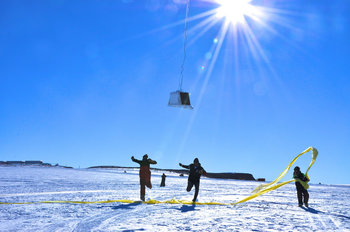
Observer
Variations in the observer such as a researcher or instrument. For example, an extremely precise scale that outputs slightly different readings for the weight of an object weighed four times in succession.Uncontrolled Variables
Variables beyond the control of an experiment that introduce variation into measurements. For example, uncontrolled barometric air pressure that changes throughout the day causing minor disturbances to sensitive measurements.Controlled Variables
Minor variations in variables that are controlled. For example, a lab that is kept at 25°C that actually varies between 24.9°C and 25.1°C due to the activity of air conditioning units.Random Variation
Outcomes that are influenced by variations that are fundamentally probabilistic. For example, computers are known to make errors due to interference from cosmic radiation. As such, a calculation that requires a large number of data processing steps to be precise and accurate may be run multiple times to confirm the calculation.| Overview: Random Error | ||
Type | ||
Definition | Errors in measurement caused by factors that vary from one measurement to another. | |
Related Concepts | ||

























